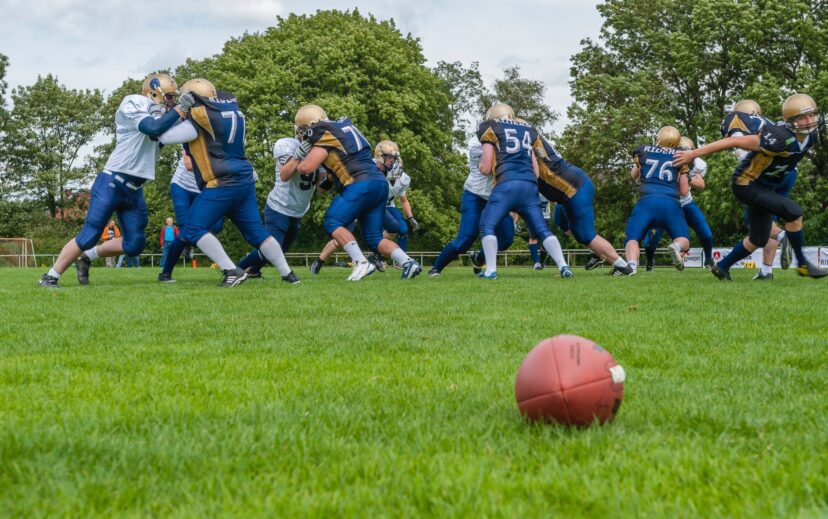The landscape of college athletics in Texas has changed significantly over the past few years. Following a shift in NCAA policy and recent updates to state law, student-athletes are now allowed to earn compensation for their name, image, and likeness (NIL). This evolution has opened new financial and branding opportunities for athletes, while also introducing legal and compliance considerations for schools and businesses.
Texas began its NIL reform in 2021 with Senate Bill 1385, which permitted student-athletes to profit from their NIL without jeopardizing scholarships or eligibility. However, the law came with key restrictions. Athletes were required to disclose their NIL agreements to their schools and were prohibited from entering into deals that conflicted with existing university contracts or core values. Endorsements involving alcohol, tobacco, gambling, steroids, or sexually explicit businesses were also off-limits. In a unique provision, Texas prohibited endorsements of firearm companies unless the athlete could legally purchase the firearm, narrowing what might otherwise be a broader opportunity.
What Changed in 2025: Direct Payments and Revenue Sharing
In 2025, Texas further expanded NIL rights through House Bill 126. This law allows colleges and universities to directly compensate student-athletes aged 17 and older. The change aligns with a federal antitrust settlement, House v. NCAA, that permits schools to provide up to $20.5 million annually in NIL compensation through structured revenue-sharing programs. These payments can now be used not just for third-party endorsement deals, but for institutionally managed compensation plans—so long as they follow set compliance guidelines.
While this shift marks a major development, several key protections remain in place. NIL agreements must still be disclosed to the university, cannot include compensation tied to athletic performance, and must not conflict with institutional policies or licensing rights unless formally approved. Moreover, schools may now discuss NIL opportunities in recruiting conversations, but direct pre-enrollment payments remain prohibited outside of structured, compliant revenue-sharing models.
Student-athletes also retain the right to hire legal or professional representation to help navigate these agreements. This reflects a broader effort to ensure that athletes are supported not only in earning income, but also in managing the legal and financial aspects of their careers.
Education, Equity, and Institutional Implementation
Education continues to be a critical part of Texas’s NIL framework. Under both SB 1385 and HB 126, colleges are required to offer financial literacy and life-skills workshops to student-athletes during their freshman and junior years. These programs help ensure that athletes understand how to manage their income, evaluate contracts, and protect their personal brands.
Some universities, like the University of Texas, have gone beyond these mandates. UT’s LEVERAGE program supports student-athletes in developing business skills, managing brand partnerships, and understanding key financial topics such as wealth management and taxation. This kind of institutional support reflects the growing recognition that NIL is not just about compensation—it’s also about long-term professional development.
In practice, athletes across Texas are already taking advantage of these opportunities. Texas Tech quarterback Tyler Shough partnered with Cameo to provide fan videos and has explored podcasting for additional revenue. At UT, football players DeMarvion Overshown and Josh Thompson entered into partnerships with local apparel brands, including Last Stand Hats and Jet.Studies, to launch customized merchandise lines.
Looking ahead, many universities—including Texas A&M, Baylor, and Texas Tech—are preparing for the full implementation of NIL revenue-sharing in the 2025–2026 academic year. These efforts are being watched closely, especially as the U.S. Department of Education has indicated that any imbalance in how NIL funds are distributed could raise Title IX concerns. Institutions must ensure compliance not only with state law, but also with federal mandates around gender equity in collegiate athletics.
Conclusion
With Texas legislation finally allowing student-athletes to profit off their NIL, these students are wasting no time in being fairly compensated for the hard work and worth they bring to their respective schools. Student-athletes have already begun to benefit off these new laws, and with the glamour that comes with Texas collegiate sports, expect many more to follow suit. If you need assistance developing an appropriate policy to comply with the state law or you are an athlete, school, or business looking for guidance on complying with NCAA rules and state law, contact our attorneys.



